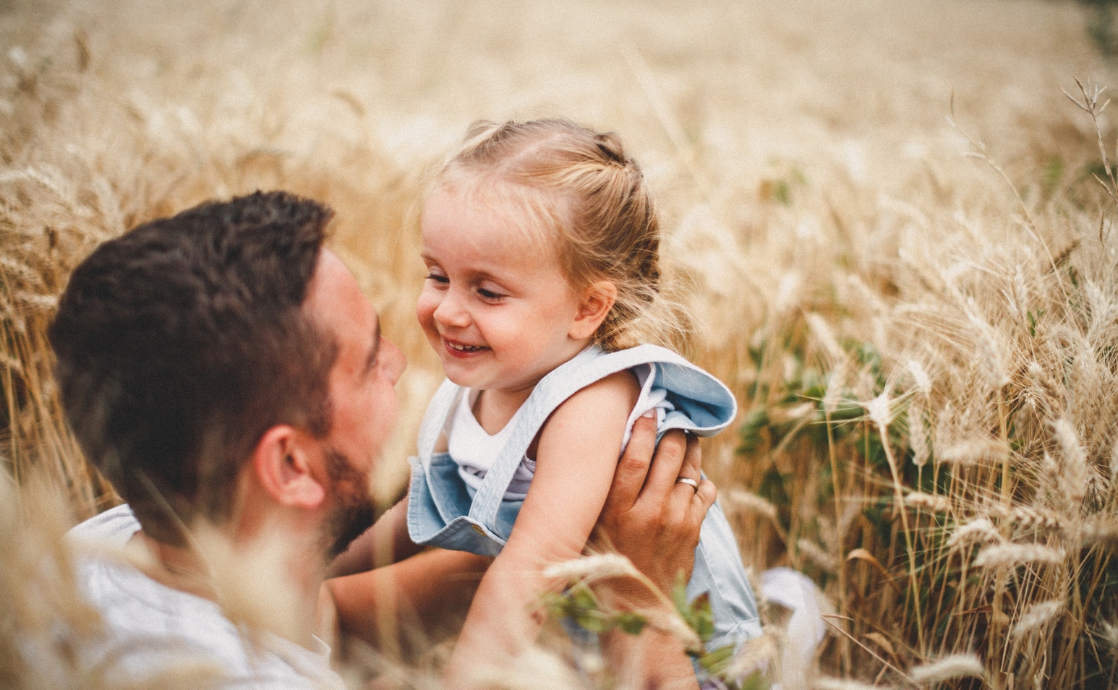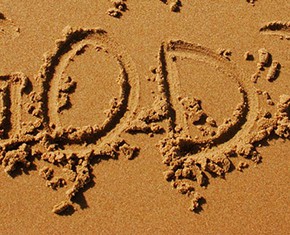The views expressed in our content reflect individual perspectives and do not represent the authoritative views of the Baha'i Faith.
Gratitude seems to be one of the most essential inner qualities to develop and express in every step of any spiritual practice.
Gratitude is the opposite of resentment or entitlement. We can start small, and even if we don’t feel it at first, we can find things to say “thank you” for. That simple act of gratitude itself will eventually change your inner thoughts, and the feeling will follow.
Once that happens, the inner energy of gratitude begins to permeate our thoughts, and we then begin to see that the “broken glass” we fearfully avoided on our path is a divine bounty – actually diamonds given to us to fulfil our purpose, as Abdu’l-Baha wrote:
The spiritual love of God maketh man pure and holy and clotheth him with the garment of virtue and purity. And when man attacheth his heart wholly to God and becometh related to the Blessed Perfection, the divine bounty will dawn. This love is not physical, nay, rather, it is absolutely spiritual.
The souls whose consciences are enlightened through the light of the love of God, they are like unto shining lights and resemble stars of holiness in the heaven of purity.
This quote on the spiritual quality of purity reminded me of a sacred wisdom that I learned from my beloved daughter May when she was around four years old. When my children were younger I had a practice of spending one-on-one time with each of them and taking them in turn to conferences I attend. I find that giving each child one-on-one time makes it easier to honor their dignity and to answer their questions from a space of respect and discernment. Honoring that they are spiritual beings in a physical form creates a powerful self-identity for them. I felt my job as a parent was to help them develop the ability to navigate the world as spiritual beings. When I try to spiritually companion them in this way, they themselves begin to speak from the level of their higher self much more easily. I learned this from my mother, but even more powerfully from my own children.
One of the first conferences I took May to was a conference on Eco-Justice – justice for the Earth – in Adelaide, Australia. In the first lecture, on causes of global warming, I looked over at her. She sat in her chair swinging her legs, and I wondered how long we would make it through the lecture. I partly worried she must be terribly bored. At one point I felt her tugging on my shirt.
We leaned towards each other and she whispered, “What’s methane?”
I said something about it being a gas, like intestinal gas from cows, that can trap heat in the blanket of the Earth if too much of it escapes into the air. She nodded in agreement with that hypothesis and continued monitoring the accuracy of the lecturer.
That moment taught me not to underestimate our children. However, I was in for a much more humbling and awe-inspiring lesson from her the next day.
The next day we were driving back home, and again she was quiet, leaning her forehead against the window looking at the landscape. I thought maybe she was looking for kangaroos that we had seen on the way down. Suddenly she yelled out, “Stop the car!”
“Why?!” I asked with concern.
“Someone put garbage on the Earth! We have to clean it up!”
I felt the justice and compassion in her voice and I had no choice but to be obedient to nourishing those virtues, so I pulled the car over to the side of the road. We walked back down the road and she showed me the scraps of McDonald’s paper someone had thrown out of their window. We bent down together and picked up the rubbish and put it into our rubbish bag and went back to the car, and I invited her to talk about this new sensitivity for caring for the Earth she had discovered. I remember feeling humbled by her fresh discovery of love and sadness for the planet.
At one point she again said, “Stop the car!” but added a “More rubbish! Damn those people!” I stopped the car and asked her not to use bad language. She paused, tilted her head and said, “What is bad language?” Oh boy! I thought, how do I explain that?
As we walked to get the rubbish an idea came to me. Several weeks before, I had mentioned the importance of meditation and learning to listen to our own conscience that guides us. She had trouble understanding what a conscience was. I found myself saying, “You have a little May in your heart who is very wise and knows what is good. If you ever want to know if something is right or wrong, you can ask her and if you are quiet enough and listen she will answer you.” She thought a few moments, then said “I can’t hear her!” I told her that she will learn to hear if she practices regularly. Some days after this, she announced victoriously that she could now ask and hear little May in her heart.
So now during our ride, answering her new question, “What is bad language” I reminded her, “Remember the little May in your heart? Well, when you say an angry word it’s like a little shadow-cloud comes out of your mouth, and it might hover between you and your own heart, and then it makes it harder to see and hear the little May in your heart.”
She sat quietly for some time as we drove. I remember the strong thoughts in my own mind, wondering whether that made sense to her? Had I given her accurate guidance? After several minutes she spoke with a clear knowing excited voice that again humbled me. “There are THREE kinds of shadows!” She continued with the energy of childlike wonder, “There are THREE kinds of shadow! The first kind of shadow is the shadow that comes from THINKING a bad thought. The next kind of shadow comes from SAYING a bad thing. But the worst kind of shadow comes from DOING a bad thing!”
I was stunned at her wisdom and sat holding that discovery. Then she continued, “BUT! There are THREE KINDS OF LIGHT THAT GET RID OF THE SHADOW! There is the first kind of light that comes from thinking a good thought, the next kind of light comes from saying a good thought and the best kind of light that gets rid of all the shadows is DOING A GOOD THING!”
Sitting here many years later with a grateful lump in my throat and tears blurring my vision, I’m marveling still at her young wisdom, which clearly reflected the ancient teachings of the prophet Zoroaster: “For any human being, the purification of character is done thus … with good thoughts, good words, good deeds.”
I also realize that her discovery was possible because she had listened to the little May in her heart, and had acted in cleaning up the rubbish. Her doing a good thing enabled her wisdom that day. My daughter taught me that true purity must include good action and not just thoughts or words.
















Comments
Sign in or create an account
Continue with Googleor